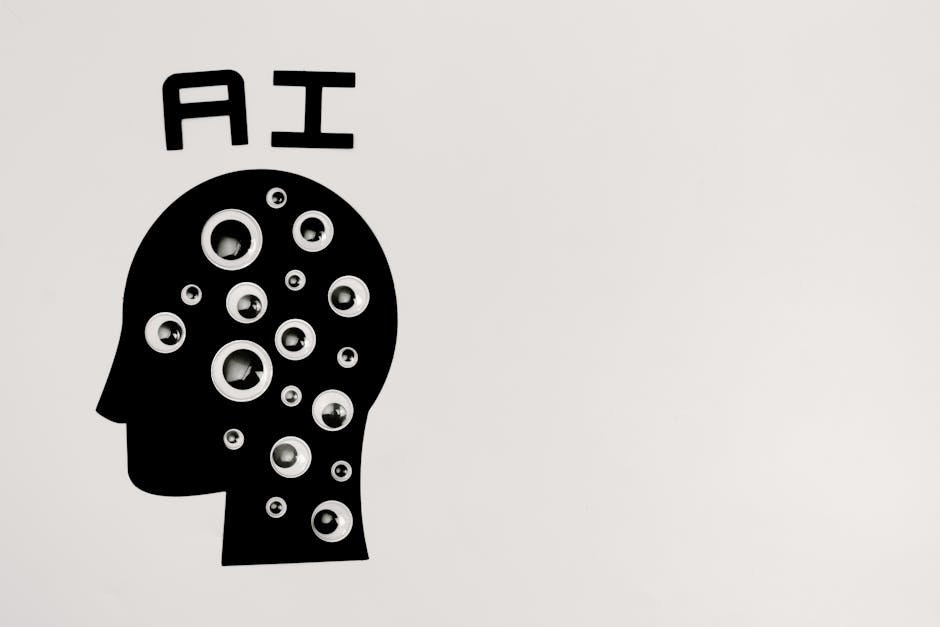
Legal Guidelines for AI: Navigating Ethical and Regulatory Frameworks
As artificial intelligence (AI) continues to advance rapidly, establishing clear and effective legal guidelines becomes essential for fostering innovation while ensuring ethical use. These regulations aim to address concerns related to privacy, safety, and accountability in AI systems.
One of the key aspects of legal guidelines for AI involves privacy and data protection. Ensuring that AI systems handle personal data responsibly not only complies with laws such as GDPR but also builds trust with users.
Furthermore, ethical considerations play a vital role in shaping AI policies. Developers and organizations are encouraged to follow principles like transparency, fairness, and accountability to prevent biases and unintended harm.
In addition, regulatory frameworks are evolving to address specific challenges posed by AI, such as safety standards and liability concerns. These guidelines help delineate responsibility in case of malfunctions or misuse of AI systems.
Keeping abreast of the latest legal developments is crucial for innovators in the AI space. Compliance strategies ensure organizations are aligned with current laws and prepare for future regulations.
To learn more about how these legal guidelines impact AI development, explore our detailed articles and resources on Legal Guidelines for AI.
